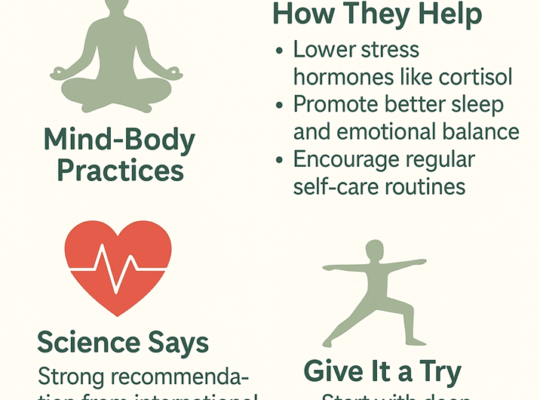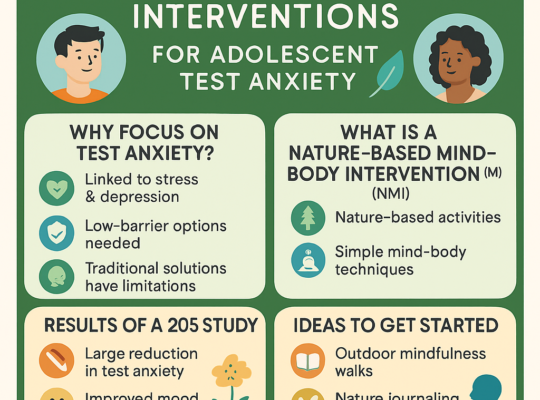Here is a topic that’s not often in the limelight but is incredibly important: the intersection of spiritual care and heart failure management. Yep, you read that right – we’re talking about how tending to the soul can complement medical treatment for one of the toughest conditions out there.
Heart failure isn’t just about physical symptoms like fatigue and shortness of breath. It’s also about the emotional rollercoaster that comes with it. Picture this: you’re dealing with daily limitations, the uncertainty of the future, and the constant fear of worsening symptoms. That’s a lot to carry on your shoulders, right?
Enter spiritual care. It’s like the unsung hero in the battle against heart failure. But what exactly is it? Well, it’s all about providing support that goes beyond the physical. Think of it as a holistic approach that acknowledges the importance of mental and spiritual well-being alongside medical treatment.
Spiritual care recognizes the importance of psychological, emotional, and spiritual factors in holistic well-being and coping. Beyond religious aspects, it includes practices like prayer, meditation, mindfulness, counseling, and social support.
In a recent systematic review, appeared in Frontiers in medicine in April 2024, researchers delved into the impact of spiritual care interventions on the psychological health and quality of life of folks dealing with heart failure. They asked some pretty important questions like what types of interventions work best, how they affect quality of life, and what factors make them more effective.
What they found was pretty eye-opening. Turns out, spiritual care isn’t a one-size-fits-all deal. It encompasses a range of practices – from meditation to counseling – tailored to fit each individual’s beliefs and values. And get this – when done right, it can make a real difference in how people cope with heart failure.
Key factors influencing the effectiveness of spiritual care implementation included integration into routine care, respect for diversity, patient engagement, intervention quality, and alignment with patient beliefs. The majority of the studies indicated that spiritual care has a potentially beneficial impact on the mental health and quality of life of patients with heart failure.
But, integrating spiritual care into routine healthcare isn’t always a walk in the park. There are challenges like cultural differences, patient participation, and, of course, keeping up with the times. That’s where technology swoops in to save the day. Virtual spiritual care platforms are like the modern-day superheroes, making support accessible anytime, anywhere.
Of course, with great power comes great responsibility. There are ethical considerations and the need for more research to finetune these interventions. But hey, progress is progress, right?
The bottom line? Spiritual care isn’t just a nice add-on to heart failure management – it’s a game-changer. It’s about nurturing not just the body, but also the soul. And as we move forward, let’s keep the conversation going, because every heart deserves a little extra care, don’t you think?






